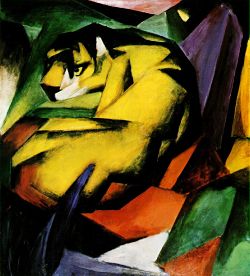33. Standard Deductions: Nyāya on Reasoning
Posted on
Gautama and his commentators tell us how to separate good inferences from bad ones.
Themes:
Further Reading
• J. Ganeri (ed.), Indian Logic: a Reader (London: 2001).
• M. Gangopadhyay, Indian Logic In Its Sources (Delhi: 1984).
• P. Gokhale, Inference and Fallacies Discussed in Ancient Indian Logic (Delhi: 1992).
• B.K. Matilal, The Character of Logic in India (Albany: 1998).
• C. Nenninger, “Analogical Reasoning in Early Nyāya-Vaiśeṣika,” Asiatische Studien 48 (1994), 819–32.
• E. Solomon, Indian Dialectics, 2 vols (Ahmedabad: 1976).







Comments
Islam in India
I was a little disappointed by your episode on Islam in India, I was wondering if you'll be covering interactions between so called 'Islamic philosophy' and 'Indian philosophy'? Such as the various Arabic and Persian translations of the Amrtakunda (especially its use by the Shattariyya), or texts like Risala-i-Wujudiyya or Risala-i-Sarmaya-i-Jog attributed to Muin Al Din Hassan Chishti, Faizi's Shariq Al-Ma'rifa or Abd Al-Rahman Chishti's attempts at interpreting sections from the Baghvad Gita. Although its more religious history than history of philosopher per say, I was wondering what you make of the argument that a catch all, all encompassing, concept of Hinduism was a product of the colonial encounter and shouldn't be back projected into the past.
In reply to Islam in India by AS
Islam and India
Oh dear, sounds like I missed out a lot! We definitely won't go that far chronologically in this current series but I hope to do a later series of episodes on later Indian thought and would definitely return to the question of the interplay between Islamic and Indian culture, if we do that.
Add new comment